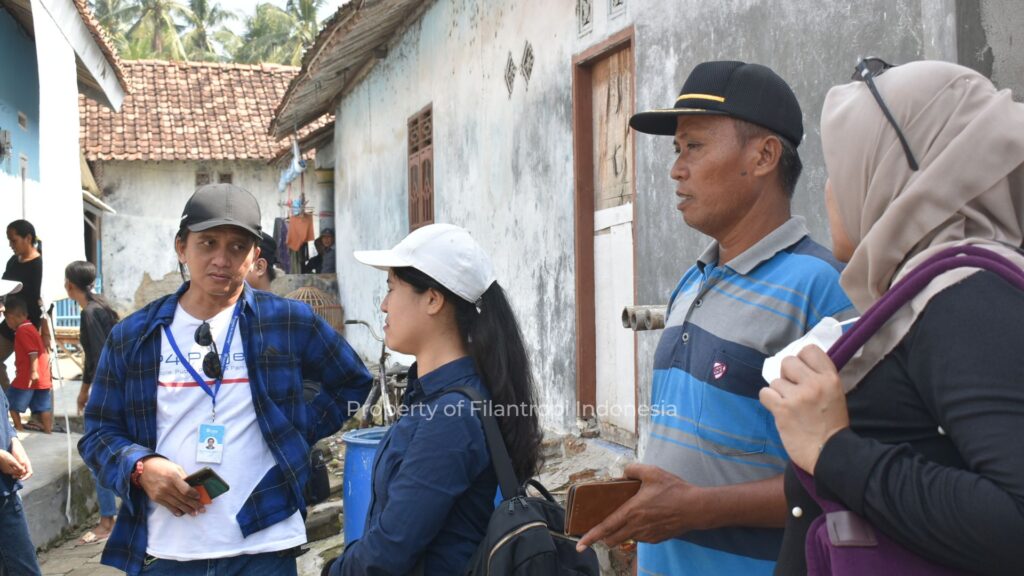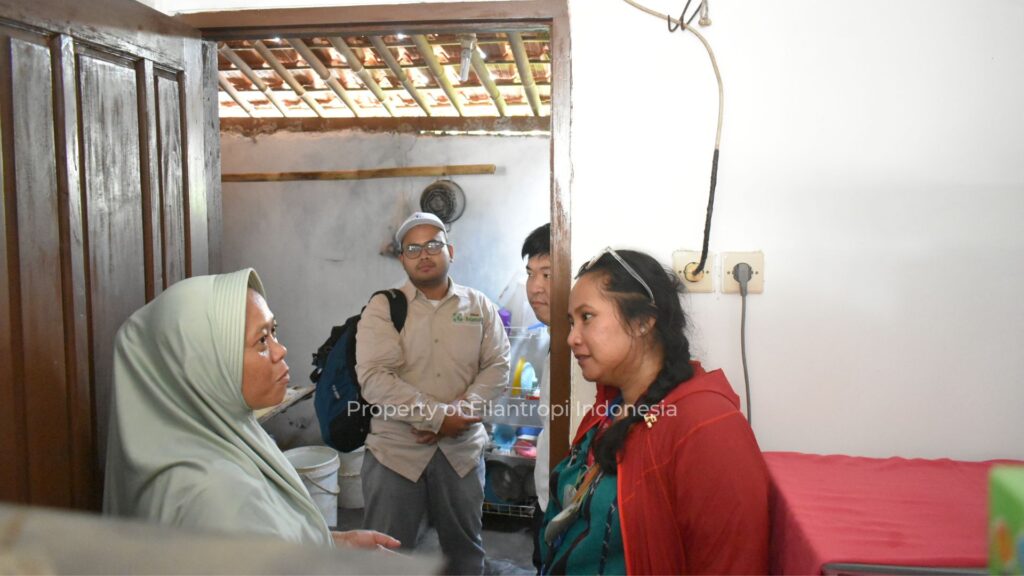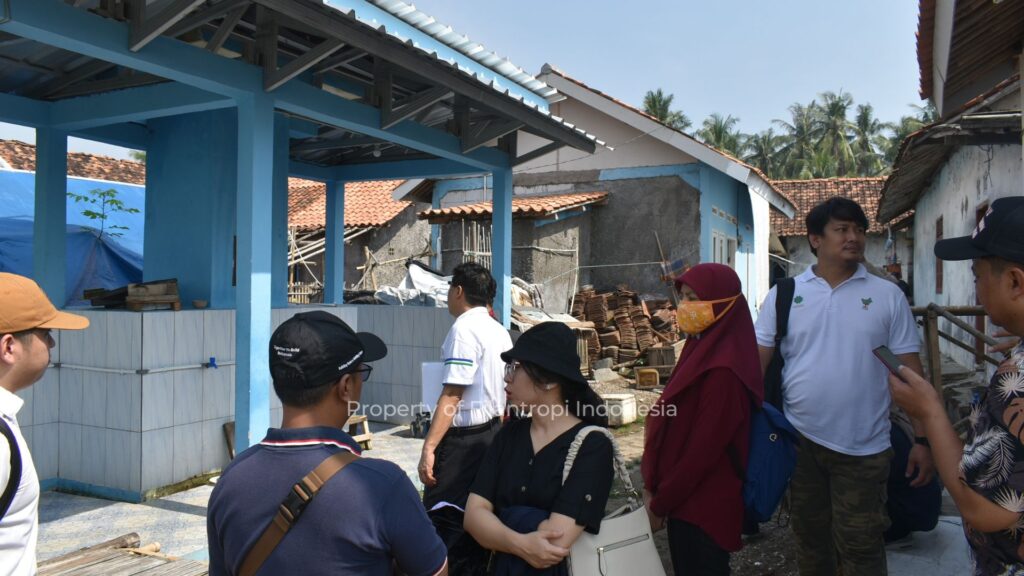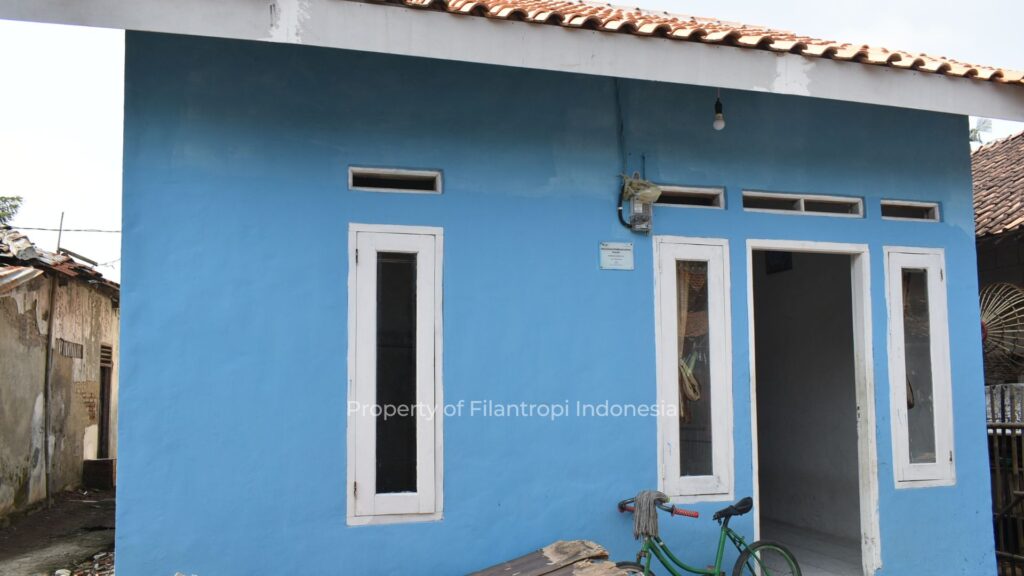Multi-stakeholder Collaboration in Housing: Opening New Horizons of Integration

Decent integrated housing has been an encouraging turning point in creating quality neighborhoods and residential homes. However, this trip has not yet been completed. A multi-stakeholder collaboration involving other fields is needed, namely culture, health, education, environment, youth, and economic empowerment. It is hoped that this intervention will strengthen the aspects and impacts of the program in realizing more empowered and sustainable settlements.
This collaborative effort was realized on a Cross-Cluster Philanthropy Field-trip that happened on June 26. This visit had the opportunity to directly visit assisted settlements from Habitat for Humanity Indonesia (HFH) in Mauk Sub-district, Tangerang. The destinations are Margamulya and Tanjung Anom Village, which have been working areas of HFH since 2011. About 14 organization members visited this activity with different institutional focus backgrounds.


Mauk sub-district is one of the areas where Habitat for Humanity Indonesia focuses on providing holistic community-based housing solutions. Their interventions include habitable houses, private restrooms, and businesses integrated with the house. As a result, there has been a decrease in stunting/tengkes cases in Tangerang Regency to 7.6% in 2021, prevention of incestuous marriages, and an increase in the community’s well-being and quality of life. Additionally, local government supports various coordination systems and program implementation, and they have a role in convincing the public of the presence of Habitat for Humanity Indonesia to overcome existing problems.


Besides, Habitat for Humanity Indonesia still faces significant challenges. Examples in the field and discussions following the visit revealed that work still needs to be done. Issues include piles of household waste, clogged SPAL (wastewater disposal facilities), poorly maintained sanitation, special assistance for children, and encouraging young people to contribute to the environment. The next step involves empowering people and changing their habits. Additionally, there are still problems with land ownership by the monastery and local residents in Tanjung Anom Village. Multi-sector contributions remain open and must be explored more deeply regarding collaboration between PFI members.

